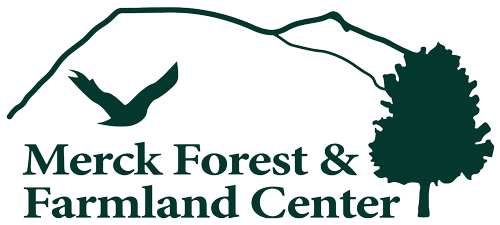The frequent movement of animals from field to field minimizes grazing pressure on pasture grasses. The plants are healthier, more productive, and better able to compete with weed species.
Fresh young grass contains higher protein levels and provides increased nutrition to the animals.
Grass-fed animals have higher Omega 3 fatty acid content in muscle tissue, making it more heart-healthy for human consumers.
Parasitic infestations are reduced, since their life cycles are interrupted by the constant rotation of animals in and out of pastures.
Feed costs are greatly reduced, enabling MFFC to raise high quality meat at a lower cost.

